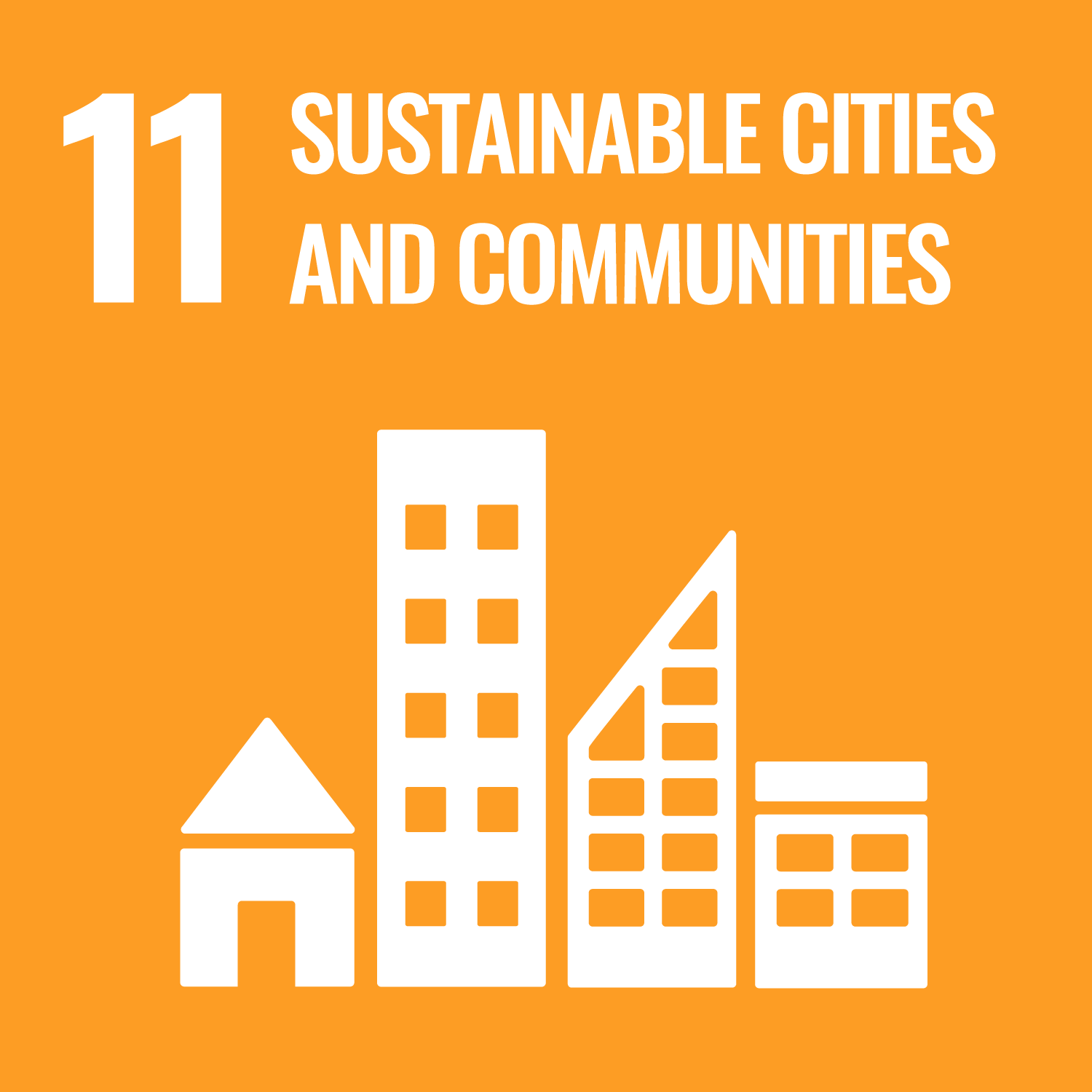ORCID
- John Martin: 0000-0003-3363-8855
Abstract
Surface water flooding is an issue which has required an increased level of addressment over the past two decades, with the methods used to combat flood events seeing an evolution. This evolution has been influenced heavily by multi-scale legislations and policies, which has pushed for more holistic methods for pluvial flood management. This review will analyse how Bristol City Council have implemented these multi-scale pieces and what has been put in place to encourage sustainable flood management. This will be done through a purposive review of the literature and an extensive review of legislation and policies on a national, European, and regional scale. The findings of the review were able to show that international legislation and policies are not in place to support sustainable management. UK policies, however, were more supportive, with direct reference and guidance for how to move away from hard engineering solutions. The City of Bristol has embraced the concept of sustainable flood management, with the highest level of support witnessed through the multi-scale review. Overall, the City of Bristol has achieved a good understanding of how to use sustainable drainage, with many systems throughout the city, and schemes to support the use. However, further legislative pieces need to be passed on a national and European scale to encourage and promote the deployment of these systems, so the benefits can be acquired on a large scale.
DOI Link
Publication Date
2022-01-01
Publication Title
Sustainability (Switzerland)
Volume
14
Issue
21
ISSN
2071-1050
Acceptance Date
2022-11-04
Deposit Date
2024-06-14
Additional Links
Keywords
nature-based solutions, pluvial flood management, sustainable
Recommended Citation
Saunders, D., & Martin, J. (2022) 'The Role of Green Infrastructure in Pluvial Flood Management and the Legislation Surrounding It: A Case Study in Bristol, UK', Sustainability (Switzerland), 14(21). Available at: 10.3390/su142114619



